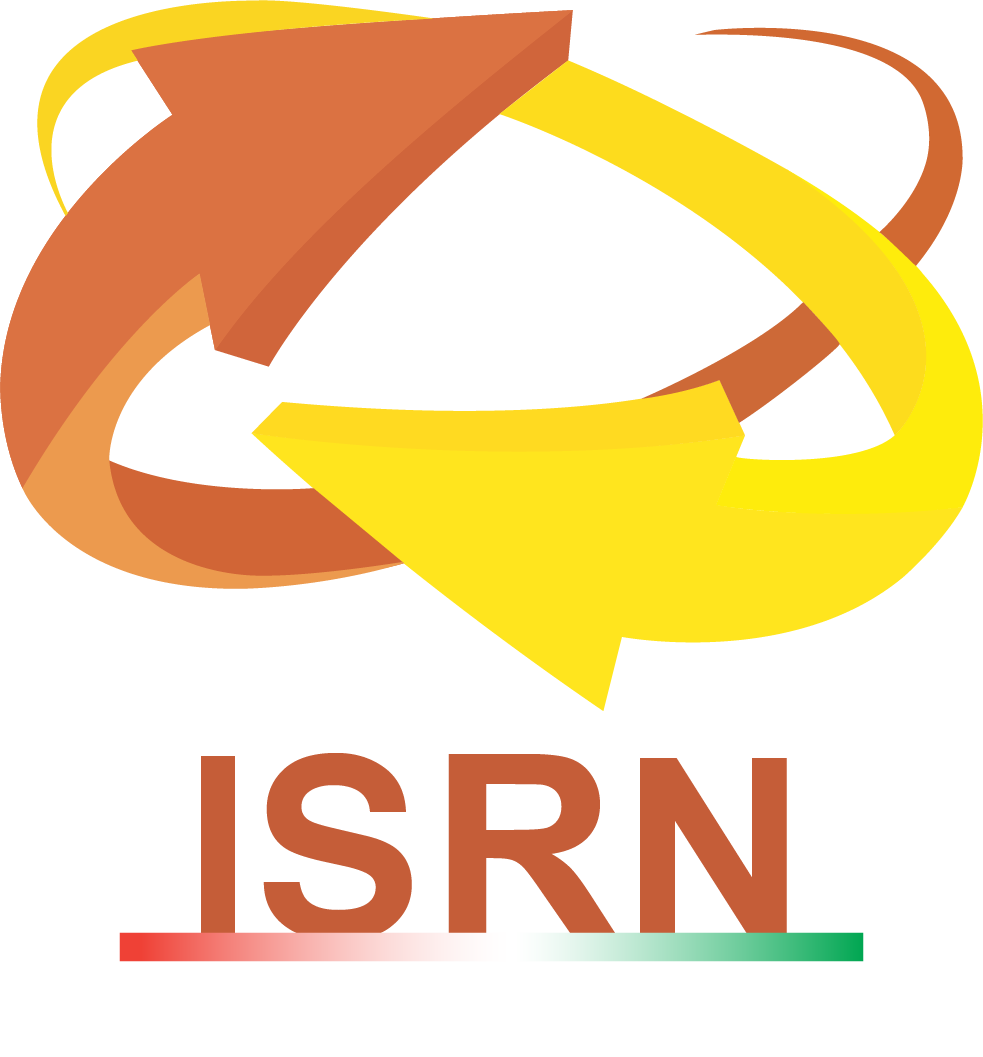As India works toward fulfilling the United Nations’ Sustainable Development Goals (SDGs), NGOs are playing an increasingly dynamic and strategic role in bridging the gap between global agendas and local realities. No longer confined to traditional charity or welfare activities, modern NGOs now act as key implementers, knowledge partners, and policy influencers. Their grassroots presence enables them to identify community-specific needs and deliver tailored interventions across sectors such as health, education, gender equality, clean water, and climate action. At the same time, NGOs collaborate with governments, corporates, and international organizations to scale impact, foster innovation, and promote accountability. Their ability to mobilize communities, advocate for rights, and ensure last-mile delivery makes them crucial in achieving inclusive and sustainable development. In this evolving role, NGOs are not just supporting SDG implementation—they are shaping it.
